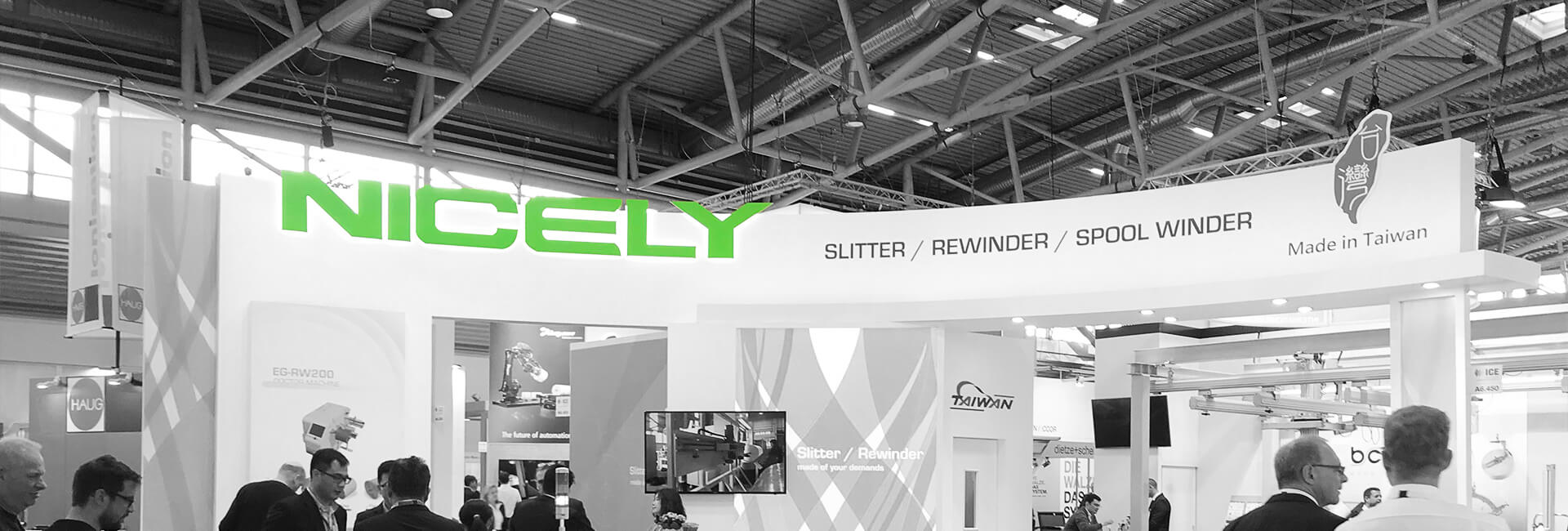Nicely Takes Environmental Responsibility with Organizational Carbon Audit
Media Press 2024-12-10
 Nicely has completed the ISO 14064-1 organizational greenhouse gas inventory.
Nicely has completed the ISO 14064-1 organizational greenhouse gas inventory.
In November 2024, with the professional guidance of the organization of PIDC, Nicely successfully completed the ISO 14064-1 organizational carbon inventory audit. By quantifying greenhouse gas emissions, we gained a deeper understanding of the environmental impact of our operations and developed more concrete strategies for carbon reduction.
Why Did Nicely Proactively Conduct a Carbon Inventory?
In response to the global trend towards net-zero carbon emissions, Nicely is fully aware of its responsibility and obligation in the journey toward carbon reduction. To actively address climate change, we took the initiative to conduct an organizational carbon inventory.
Through a data analysis approach, accurately quantifying greenhouse gas emissions not only helps us track our carbon footprint but also enables us to provide relevant information to customers early, build a low-carbon production system, and prepare for potential future carbon emission regulations.
-
Understanding Emission Sources:
Precisely Identifying Greenhouse Gas Emission Source for Improvement. -
Setting Carbon Reduction Goals:
Based on data, this allows management to make informed decisions regarding resource allocation and sustainable development measures. -
Cost Savings:
By identifying inefficiencies, we can reduce operating costs, especially in the areas of energy consumption and waste management. -
Sustainability Consensus:
The implementation of environmental responsibility is an international trend, which further strengthens the willingness for collaborative benefits.
2023 Greenhouse Gas Emissions of Nicely
In 2023, Nicely’s the total greenhouse gas emissions were 69.1734 metric tons CO2e/year, covering both direct emissions (e.g., fuel combustion) and indirect emissions (e.g., electricity consumption).
Scope 1 - Direct Emissions : These emissions are produced from direct sources within the plant amounted to 15.9706 metric tons CO2e, representing 23.09% of total emissions, including stationary combustion, mobile combustion, production processes, and fugitive sources, such as leaks. Scope 1 covers greenhouse gas emissions from owned or controlled sources, primarily resulting from the burning of fossil fuels in both stationary and mobile sources, as well as from industrial processes and accidental releases. Data collection and statistical analysis were conducted specifically for these direct emission sources within the facility.
Scope 2 - Indirect Emissions from Electricity : These emissions stem from the organization's consumption of purchased electricity amounted to 53.2028 metric tons CO2e, accounting for 76.91% of total emissions, which is generated outside the organization, typically through fossil fuel combustion at power plants. Greenhouse gas emissions related to the production and use of electricity were calculated based on billing records associated with electricity usage.
 Total Greenhouse Gas Emissions for 2023.
Total Greenhouse Gas Emissions for 2023.
Listen to the Experts - PIDC Consultants Share Nicely's Carbon Reduction Insights
 Tanya Tanya PIDC Consultants |
“Implementing Carbon Footprint Verification was an essential first step toward sustainability for Nicely.
The kickoff meeting, led by General Manager Terry Chen, established a strong foundation for success in this initiative. We are pleased to see Nicely embracing carbon analysis and making meaningful strides toward eco-friendly advancements, and we look forward to their continued success in both sustainability and business growth.” |
Plastics Industry Development Center – Company Profile
In response to international trends, PCID has long supported Taiwan's plastics processing industry by assisting in equipment improvement, enhancing production techniques and product quality, refining manufacturing methods, and developing new products. PCID also promotes international cooperation and technology exchanges with the aim of strengthening the industry's global competitiveness. In recent years, it has executed numerous government-commissioned projects and received multiple awards in recognition of its efforts.
Conclusion
Conducting an organizational carbon inventory (corporate carbon audit) is a crucial step for Nicely to step forward to reduce environmental impact and drive sustainable practices. By understanding the sources of emissions and implementing reduction strategies, businesses can not only make a positive contribution to global efforts in combating climate change but also enhance operational efficiency and strengthen corporate responsibility.




